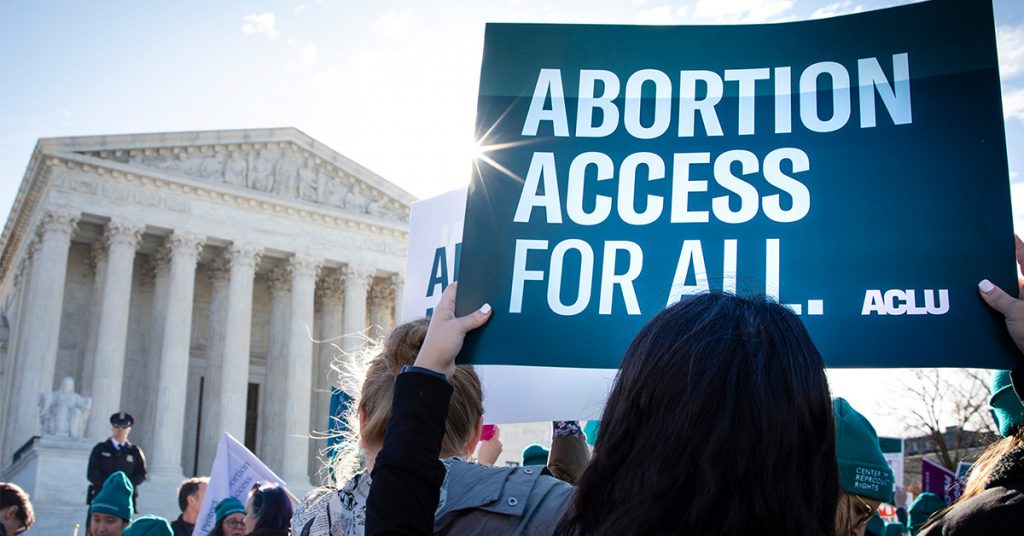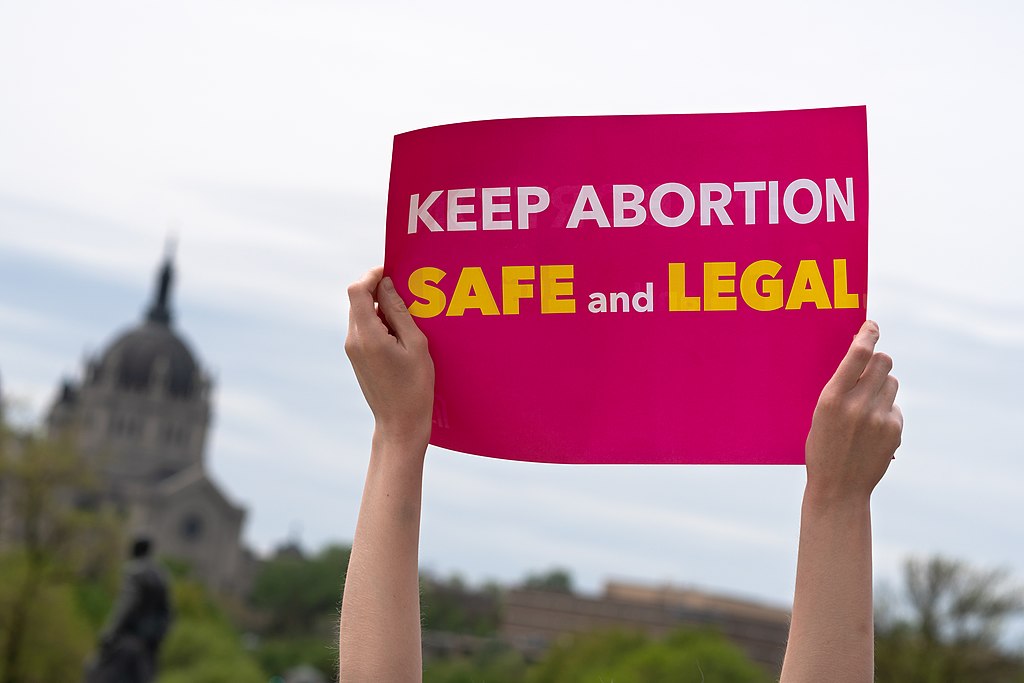
Roe v. Wade Reversal | State Restraints On Abortion Pill Access.
In a stunning turn of events, the conservative-leaning Supreme Court has voted to overturn Roe v. Wade – the landmark ruling that legalized abortion in the United States.
This move opens the door for states to place restrictions on access to abortion pills, which could have a devastating impact on women’s health and rights.
Medication abortion is a safe and effective way to terminate a pregnancy. It involves taking two pills, mifepristone and misoprostol, which are available at most abortion clinics.
Mifepristone works by blocking the hormone progesterone, which is necessary for a pregnancy to continue. Misoprostol causes the uterus to contract and expel the fetus.
Medication abortion is usually used up to 70 days after the first day of a woman’s last period, and it is effective in about 95% of cases.
What This Ruling Means For Women
The Supreme Court’s decision to overturn Roe v. Wade will have a profound impact on women’s health and rights.
States will now be able to place restrictions on abortion pill access, which could make it difficult or impossible for many women to get the care they need.
Abortion pills are an essential part of reproductive health care, and this ruling could have a devastating effect on women’s ability to access them.
The abortion pill is a safe and effective way to terminate a pregnancy, and it is one of the most popular methods to terminate a pregnancy.
In the United States, however, the abortion pill is only available by prescription. This means that women who live in states with restrictive abortion laws may not be able to get the medication they need.
Abortion is a fundamental right, and women should not be denied access to safe and legal abortion care.
State restrictions on abortion pill access are an infringement on this right, and they will have a negative impact on women’s health and wellbeing.

Access to safe, legal abortion is a matter of human rights.
Access To Abortion Pills Is Not Equal In All States.
In the United States, the abortion pill is only available by prescription. This means that you will need to see a doctor in order to get it. The abortion pill is not available over-the-counter or online.
The abortion pill is usually taken in two doses. The first dose, mifepristone, is taken at the doctor’s office. The second dose, misoprostol, is taken at home, usually 24 to 48 hours later.
In some states, the abortion pill is only available up to 10 weeks after the first day of your last period. In other states, it is available up to 24 weeks. There are also some states where the abortion pill is not available at all.
It is important to check the laws in your state before you try to get the abortion pill.
Access to abortion pills should be equal in all states, so that all women have the same opportunity to make the best decision for their health and their families.
11 States Have Abortion Trigger Bans
Anti-abortion states are already moving to restrict abortion pill access. Earlier this year, Ohio became the first state to ban abortion pills outright.
Since then, Arkansas and Kentucky have both passed laws that would require abortion providers to give patients false and misleading information about the abortion pill.
In Tennessee, lawmakers are considering a bill that would make it a felony to prescribe abortion pills without first performing an ultrasound on the pregnant woman.
These restrictions are part of a larger effort by anti-abortion activists to make abortion pills unavailable. In addition to making it more difficult for women to obtain abortion pills, these restrictions also make it more expensive and time-consuming.
As a result, these abortion pill restrictions are likely to have a significant impact on abortion access, particularly for low-income women and women of color.
Conclusion
The future of Roe v. Wade is uncertain and access to abortion pills could be in danger. We must continue to fight for women’s rights and reproductive freedom, even in the face of this setback.
We will not give up until every woman has the right to make her own decisions about her body and her health.
Dr James S Pendergraft | Orlando Women’s Center | Abortion Pill Clinic | Articles On Abortion


Leave a Reply